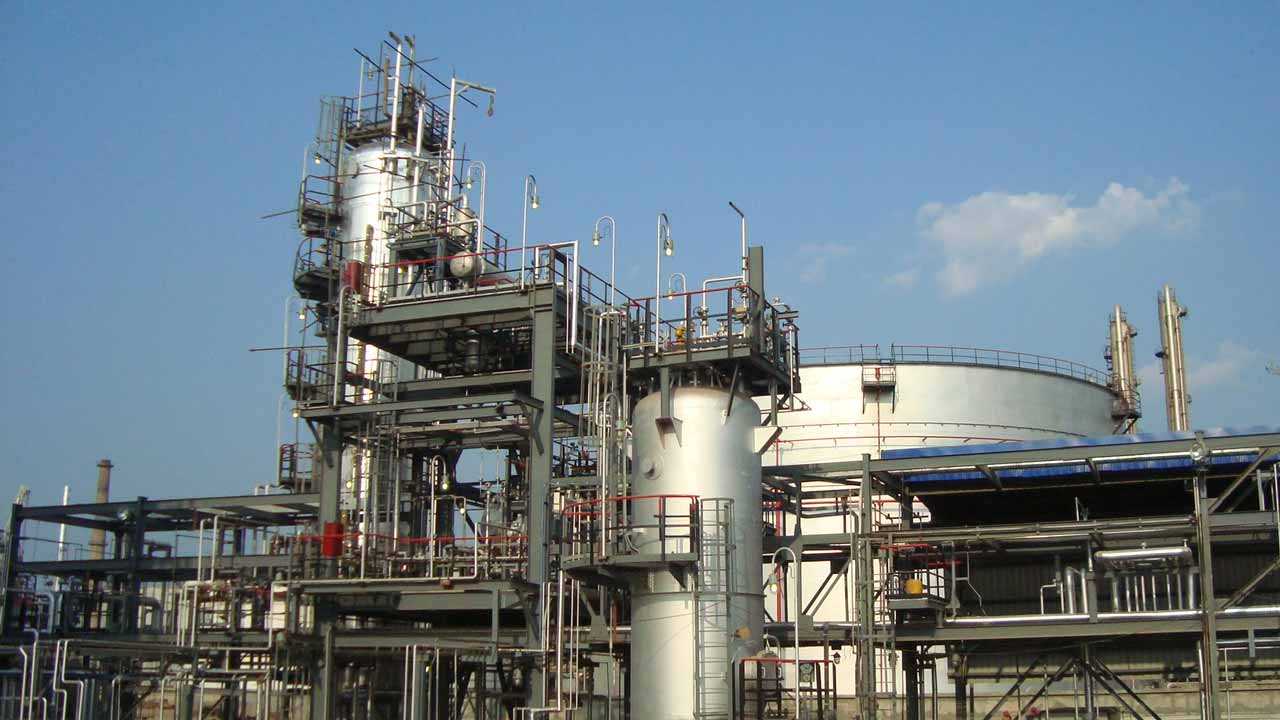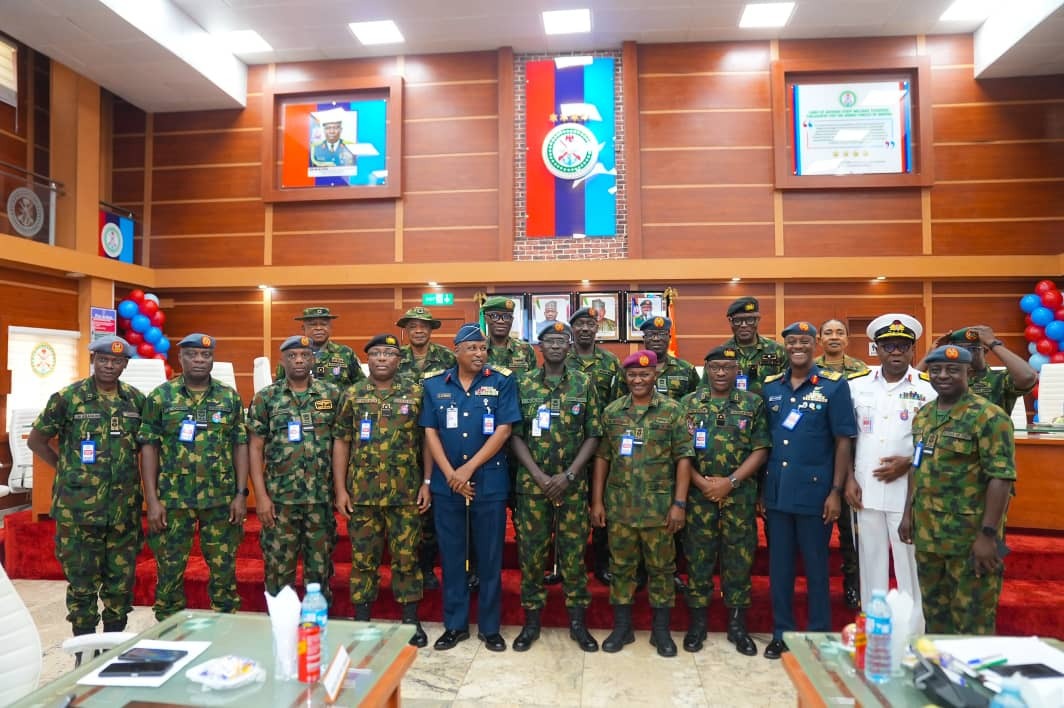
• Stakeholders Applaud Passage Of PIA, Fiscal, Regulatory Attempt
• CISLAC Insists Lack Of Transparency, Accountability, Corruption, Ruining Sector
• Huge Loss, Lean Win In The Last Seven Years —Nwadishi
President Muhammadu Buhari, yesterday, earned poor grades, scathing criticisms, and outright condemnation over his seven-year stewardship as Minister of Petroleum Resources.
Even though he got a loud ovation for his government’s role in the enactment of the Petroleum Industry Act (PIA), which stagnated in the National Assembly for years, the alleged incompetence exhibited by his administration in the fight against crude theft, many say is mindboggling.
Other areas where key stakeholders alleged that the petroleum minister has performed woefully include the moribund state of the nation’s refineries, failure to effectively curb pipeline vandalism, increasing lack of transparency, rising subsidy regime, steady import of dirty fuel into the country, and unabating fuel scarcity among others.
Considering the workload that effectively running the ministry entails, environmental activist and Chair, Friends of the Earth International, Nnimmo Bassey, insists that it was a “huge mistake” for the president to assign himself the role ab initio.
While the Executive Director of Civil Society Legislative Advocacy Centre (CISLAC), Auwal Musa Rafsanjani lamented that the ministry has been without “effective supervision” under Buhari, energy expert, and Managing Partner at Fleissen & Company, Dr. Sunday Kenshio said that the country failed to hit the projected two million barrels of crude per day under the minister.
Speaking yesterday in separate interviews, the stakeholders noted that the country’s crude oil production has in the last seven years remained low amidst rising theft and vandalism leading to the shut-in of oil wells and loss of investment to other African countries.
The stakeholders who, however, applauded the passage of the PIA, stressed that the fiscal and regulatory framework may be Buhari’s only achievement as the minister of petroleum resources.
As the country has slipped from the first position to the third largest oil producer in Africa in the last seven years, they insist that never should a sitting president be assigned that portfolio again.
BASSEY in his appraisal said Buhari saddling himself with the task of manning the ministry “must be why the sector has been bedeviled with so many problems. The highlight of his time has been the PIA, which is considered an unmitigated disaster in the aspects of environmental and human/community rights. This piece of legislation also appears to have been paradoxically designed to cripple the nation economically.”
He insisted that the past seven years have seen enormous ecological harms from oil spills, well blow-outs, FSPO explosion, and gas flaring, adding that the period has also been marked by humongous oil and gas theft, in other words, “a situation of free for all grabbing.
“It is on record that the minister of petroleum has said nothing, done nothing, to halt the oil/gas well inferno that has been raging at Ororo-1 Field off the coast of Ondo State, for over two and a half years now,” Bassey alleged.
He added that at a time when the world is beginning to do away with fossil fuels, Buhari has been “busy pursuing new fields, working along lines in the playbook of crude oil speculators.”
Bassey urged the next president to stay off the leadership of the petroleum sector, work for an urgent and radical review of the PIA, set aside funds for the environmental and health audit, and cleanup of all oilfield communities, including those in Bauchi and Gombe States.
He also asked the incoming president to wean Nigeria from the continual disastrous fixation on a fossil fuel economy.
RAFSANJANI while decrying the gross lack of effective supervision in the oil sector under Buhari, disclosed that accountability and transparency have been compromised because the petroleum sector was undermined.
“The president must take responsibility for what is happening in the sector. The ineffectiveness in that ministry is a result of the fact that he has not handed the role to technocrats so that he can supervise and ask questions. Now, who is going to ask the president questions? Even the National Assembly is incapable of actually confronting the president with the many wrongdoings that are going on in that place,” the CISLAC boss stated.
He continued: “Any sensible person will rather hand the sector to an expert, who can effectively and efficiently monitor it. Buhari has not helped accountability in that sector,” Rafsanjani said.
“Buhari promised that he was going to make the refineries work, but they are still not fixed, and no one is questioning him, those that are importing dirty fuel, and the country’s actual level of fuel consumption,” he stated.
As Rafsanjani is stressing that Buhari must accept responsibility for the sector’s woes, the immediate past Director General of the Lagos Chamber of Commerce and Industry (LCCI), Dr. Muda Yusuf, is equally of the view that encumbering the president with leading the ministry is absurd.
He added that while the minister should be accountable to the president, report to the Federal Executive Council, and the National Assembly, that is not achievable when the president is in office as petroleum minister.
“Having the president head the petroleum ministry is not proper; it is not good for corporate governance, and that’s part of the reason that we are in the kind of mess that we find ourselves. What they have is the minister of state, who doesn’t have the full powers of a minister. If you are talking about reforms and disciplines, some key things need to happen, and the minister of state who does not have the full powers has to report to the very busy president.
“This is not working well for us because the oil sector is important. I don’t know why he put petroleum under the presidency. We need to reverse that practice. It is not the best,” Yusuf said.
He alleged that the sector was becoming monopolistic with the NNPC handling most businesses and excluding the private sector, especially in the downstream sector, a development, that he said is breeding inefficiencies, corruption, lack of a level playing field, and absence of competition.
ENERGY expert Kenshio who decried International Oil Companies (IOCs) divesting from the country, oil production shut-in due to the poor, hostile business environment among others, deplored the alleged lack of transparency, solution, or courage to handle the country’s energy crisis. “All these explain why I rate him poorly.
In terms of fiscal and regulations, he said the president did well by passing PIA, and the Flare Gas Prevention of Pollution and Waste Regulation of 2018, adding that what may be lacking is the implementation of the legislation.
“He scored zero per cent on refineries. I am not sure any of the NNPC refineries have produced up to one million litres of PMS since his administration resumed office seven years ago. Everyone is now pointing at the Dangote Refinery which would not even solve the problem. Dangote is for the foreign market and will even export to Nigeria. Poor evacuation plan as well. Again lack of seriousness on the part of the NNPC, which is run like a political office. Crude oil refining is a difficult business and must be handled with seriousness.
“The new government should appoint a substantive minister of petroleum, who would need to work very hard. There should be a minister of energy under which we can have a minister of state for petroleum resources and minister of state for new energies,” he said.
ENERGY lawyer and former management staff at Shell, Ameh Madaki, described Buhari’s tenure as the worst in the annals of Nigeria’s oil and gas industry. “Production has been at its lowest on record, despite high oil prices, and crude oil theft has been at its highest ever. The subsidy has been wasteful and fraudulent as always. It has been at its highest in terms of the drain on really scarce national resources, and the corruption and opaqueness of the NNPC and the other regulators in the industry have continued unabated,” he noted.
According to him, the passage of the PIA, which should have been a plus for this government, has become an albatross, which has created “a Frankenstein monster out of the new NNPC Limited. The company no longer remits any revenue to the Federation, thereby leaving the already cash-trapped federal, state, and local governments in dire straits.”
Going forward, Madaki noted that, the next president should appoint a knowledgeable and patriotic Nigerian as a substantive minister of petroleum resources, stressing that this would ensure that the years of rudderless management of the industry are quickly reversed, and the industry brought back to profitability.
A legal practitioner and founder of Chancery Associates, Emeka Okwuosa, who also decried the significantly dismal oil production under Buhari, noting the opaque nature of NNPC is to blame for the rising exchange rate and foreign reserves depletion.
“We are all in agreement that the subsidy should be completely removed. We need complete deregulation of the oil sector. Moreover, we have not seen any sustainable gains in the subsidy regime in the past seven years.
“Despite the subsidy regime we are still suffering from poor product delivery and fuel queues all over,” Okwuosa said, adding that there is an urgent need for the Federal Government to address issues militating against substantial oil production.
Also in favour of separating the petroleum minister’s portfolio from the president, Okwuosa added: “We need an active minister of petroleum that can address and proactively solve the myriad of problems in the oil sector,” the lawyer said.
FAITH Nwadishi, a former Board Member at Extractive Industries Transparency Initiative (EITI), and Centre for Transparency Advocacy said Buhari the years as minister of petroleum came with more losses than wins. “But above all, I must say that the eventual passage of the PIA was a good one and it’s quite commendable.”
Nwadishi noted that Buhari’s role as a petroleum minister did not help the country’s crude oil production, as the nation has struggled through the years to meet oil production targets and expected earnings from the sector.
“There is a need to get a petroleum minister who is a technocrat who understands the industry and can be assertive. Definitely, the president will always want to have an eye on what happens in that sector. But what if you have a good technocrat as minister of petroleum, who understands what the issues are? Perhaps the person would have to turn around the country’s fortunes as an oil-producing country, and also to move on with the utilisation of gas in the country,” Nwadishi said.






